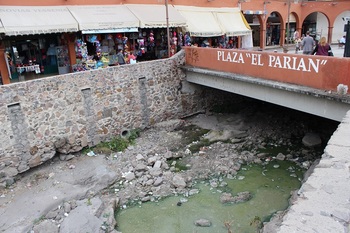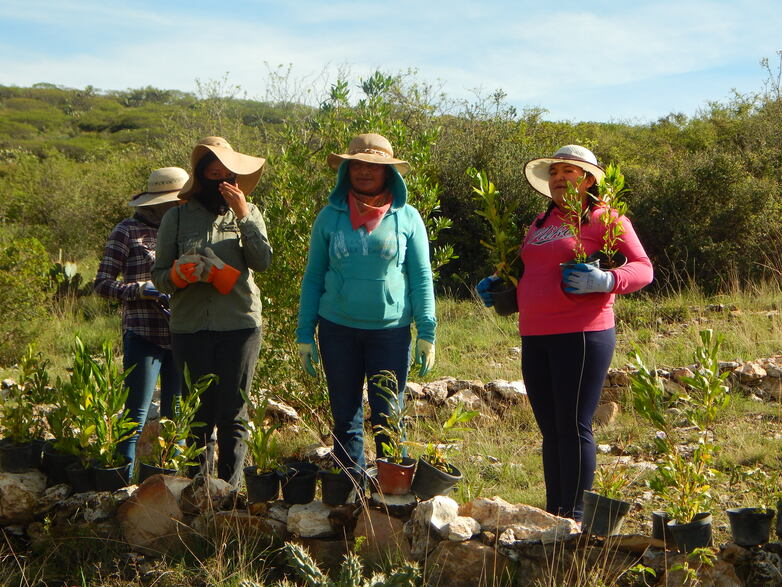Adaptation to climate change in the tourism sector
Programme description
Title: Ecosystem-based adaptation to climate change in cooperation with the private sector in Mexico
Commissioned by: German Federal Ministry for the Environment, Nature Conservation, Nuclear Safety and Consumer Protection (BMUV)
Country: Mexico
Lead executing agency: Mexican Agency for International Development Cooperation (AMEXCID)
Overall term: 2017 to 2023

Context
In 2016, Mexico's economy generated more than USD 17 billion from visits by over 35 million international tourists. That is equivalent to 8.7 per cent of the country's gross domestic product. Over four million people in Mexico work in the tourism industry.
However, tourism is being impacted by climate change. Rising temperatures mean that some regions are at risk of losing their appeal as tourist destinations. Coastal regions are heavily threatened by rising sea levels, human-induced erosion of beaches and hurricanes. Environmental changes are endangering coral reefs together with their diverse flora and fauna and the scuba diving tourism that they attract. Many inland regions are suffering due to the destruction of their ecosystems, declining biodiversity and natural water scarcity.
Objective
In pilot regions, businesses and communities are developing and implementing joint solutions for climate change adaptation in Mexico's tourism sector.

Approach
The project supports the tourism sector in adapting to the impacts of climate change. It reduces the business risks of tourism and protects Mexico's natural capital such as beaches and intact ecosystems that provide protection from hurricanes.
The project supports local actors in the pilot regions of Riviera Nayarit-Jalisco, San Miguel de Allende and Riviera Maya, as well as Los Cabos in Baja California Sur, Valle de Bravo in Estado de México and Mexico City. In these regions, the project holds information events, promotes dialogue between the public and private sectors, and strengthens technical training in assessing climate risks from an economic perspective.
It also promotes the planning of climate adaptation measures, with the participation of the relevant public and private decision-makers, and assists with project proposals. Furthermore, it works to facilitate access to international expertise and liaison with other projects in Latin America.
Last update: February 2022